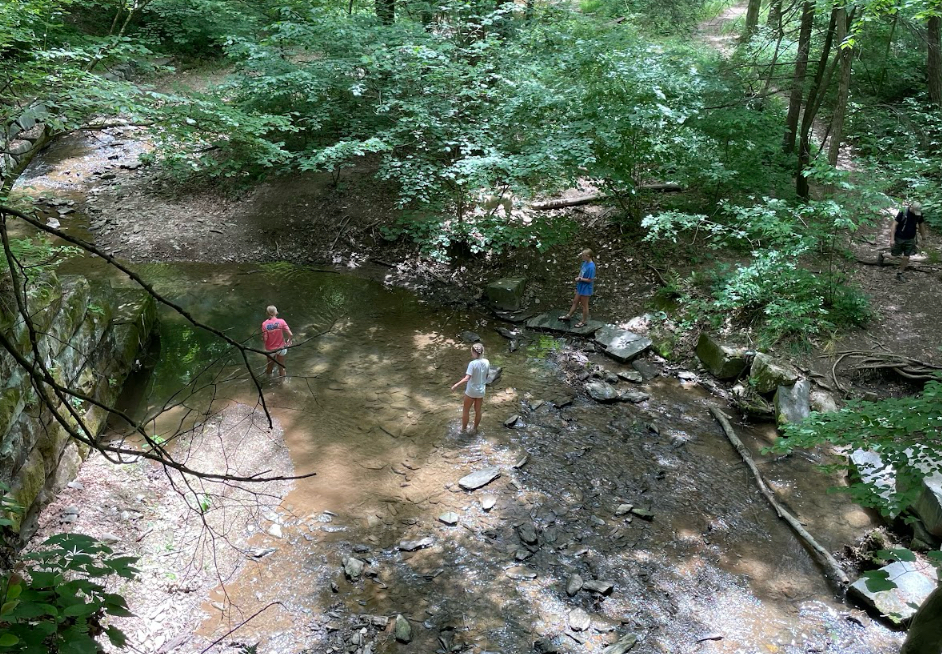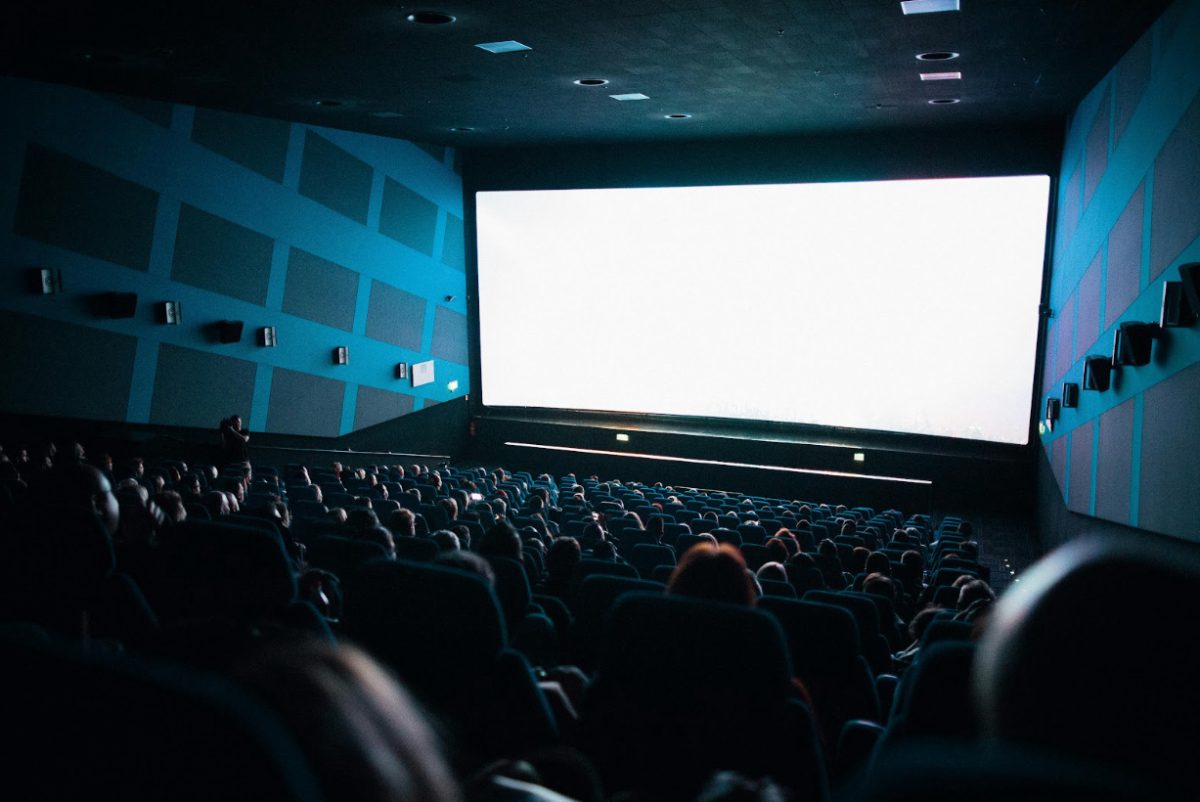The other afternoon, I was running in my neighborhood and my thoughts were running as well. As the sun was shining and the grass was looking greener after the rain of the previous night, I found myself thinking about the last time I laid in the grass on a sunny day. A trail of thoughts followed and I wondered, really, who lays in the grass anymore? If someone was going to lay outside now, they would put down a blanket or towel. Nobody rolls around in the grass like they used to when they were little kids. It seems like in this modern day and age and especially with the transition of kids to teens and then adults, we are losing our sense of wonder and awe for nature and the world around us.
Throughout the past few decades, society has become increasingly urbanized and industrialized. Citizens of modern industrial countries, like the U.S., spend 90% of their time indoors. With this, more and more people are becoming reliant on regulated environments rather than the natural environment of the outdoors. In urban areas, there is more emphasis on the complex and industrial process of human-made abstracts such as work, productivity and consumerism rather than the simplicity of the natural world.
Additionally, technological advancements have created a disconnect from the natural world. Now, kids and people would rather play video games than be outside playing in a field or in the woods. We become so consumed by the media of television, video games and social media that we forget about the beauty and wonder that nature can provide. It’s a sad but true reality that kids simply don’t play outside anymore.
All of this leads people to believe that they are inherently different and separate from nature. The materialism of society has begun to seep into people’s perspective of nature. The natural world is now seen by many as simply a resource base used to serve the needs of humans. We extract raw materials from the Earth in order to create industrial products and materials that are then used in our lives. The result of many of these products are materialistic happiness and the pollution of the Earth, neither of which have benefits in the long run. The culture of disconnection continues to contribute to the process of consumer culture and in turn the overexploitation of the environment that is needed to sustain it. It is an endless cycle. Not only this, but people now see Earth as an object and an opponent. We have created the conflicts of “Man vs. Wild,” and while this may seem philosophical, those two concepts are arguably united. People cannot live without the Earth and a healthy natural environment.
This epidemic of disconnect that is happening amidst the growing chaos in the modern world is contributing to negative impacts on the well-being of people and the environment. Being connected with the natural world is proven to coincide with feelings of happiness. On the other hand, disconnection is linked to mental and physical illnesses such as anxiety, depression, heart disease and fatigue. People who have a stronger connection to nature typically have more pro-environmental attitudes and behaviors than those who do not. When we feel a connection to something, we care more about it and its well-being. Those who are more closely associated with nature are often more passionate in protecting the environment in the little ways that they can. Those who experience the disconnect are blatantly unaware of what our environment is even facing and what it could potentially mean for themselves and the world.
It is sad to reflect on how far away people have drifted from nature. I myself feel as if I am decently connected through spending time outside running or walking and enjoying camping when I can. Still, there’s that nagging feeling of detachment as I sit in a school building typing away on my iPad while the sun is shining outside. The only cure for the epidemic of disconnect (which is what I am calling this), this growing sense that we are separate from nature, is to go outside. Spend time in nature, no matter how extreme or how long, you could go on a full scale backpacking trip or simply go on a walk. People and society must start somewhere and even if it’s going outside and just sitting. No technology, no barrier between us and the grass, even if it’s just for a minute each day. It’s something, a step in the right direction of reconnecting ourselves to the world.
Nature is a beautiful thing. As cheesy as it may seem or sound, it is. Our Earth is an amazing and complex world of ecosystems intertwined with one another. Humans have begun taking so much from nature and giving back so little. Yet, all the natural world offers is countless beauties, sights and experiences. As novelist E.M. Forster said, “What is the good of your stars and trees, your sunrise and the wind, if they do not enter into our daily lives?”. People need to learn how to appreciate nature and recognize how their actions impact it. The clothes we buy, the food we eat, it all comes from somewhere. By reconnecting with the world around us, we’ll become more conscious about what we choose to consume. It’s the difference between playing video games or watching the night sky and eating a bag of Cheetos or some blueberries. The moral of the story is: go outside.









